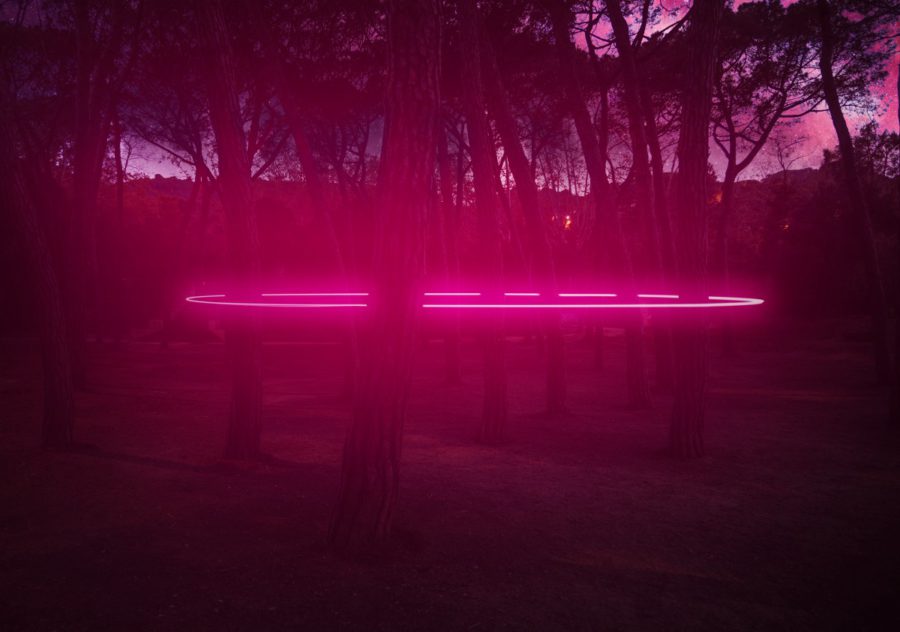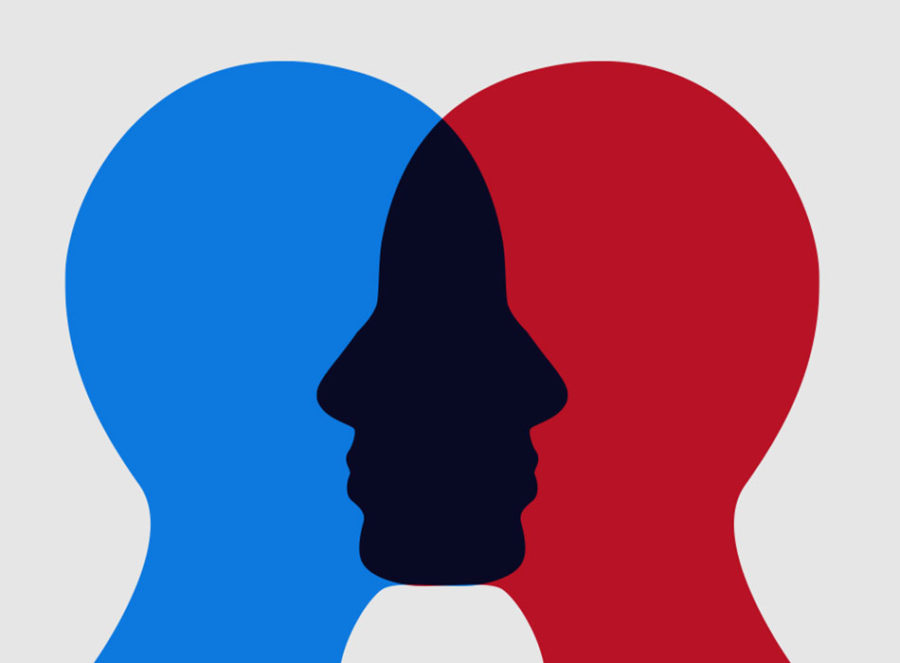How to relate real and digital personality? Is it important to be yourself online? About this – in continuation of the topic about public and non-public Internet …

Original material by Yancy Strickler
I recently wrote about the 'dark forest' theory applied to the world wide web. I used this theory to explain the reasons why we are afraid of online publicity and what we might lose as a result.
I first connected this theory to the internet recently, at the start of the year, when I had an unusual thought: I knew how to be myself in real life, but I was confused about my online personality. In reality, I am forty years old and relatively confident in myself. If you and I were in neighboring seats on the plane, it would be quite nice to talk.
But on the web, I act like a teenager desperately trying to find himself and define himself as a person, dumping a bunch of goofy exclamation marks and often inappropriate and too long explanations into the net. I am often too stressed to be an interesting conversation partner or just to be myself.
Preface to the theory
But it wasn't always that way, especially when I was using the Internet in the nineties, actually as a teenager, and already in adulthood in the zero. I wrote to the block daily. Forums were a tool for testing theories and discussing ideas. The communities were so close that everyone knew each other, but at the same time they were large enough for pluralism of opinions and productive dialogue. You could argue with heat with someone on a topic about politics and at the same time passionately agree with the same user when discussing sequels to a film in another thread of the forum.
Then I could be myself online without any problems. But things are different now.
Most of what has changed is in me. I got older and more experienced. But not only me, but also the Internet has changed. It has evolved from an environment for harmless experimentation to a platform of paramount importance. With the growing number of cases of harassment and humiliation on the Internet, the Internet has become dangerous in terms of emotional and physical well-being, as well as maintaining a positive reputation. It turned into the same 'dark forest'. Our seemingly harmless digital evidence has turned into 'material evidence' that can and will be used against us. For our own safety, we used our right to silence and moved to the network underground.
In the sci-fi trilogy 'The Three-Body Problem', author Liu Qixin, among other things, offers a solution to the problem of the 'dark forest', and its name is 'dark field'. This device reduces the speed of light, creating an invisible veil around a planet or galaxy. The 'dark field' does not let anything in or out within its boundaries. Security by depriving yourself of cosmic freedom.

The e-mails and Slack groups as examples of the 'dark forest' are not as hard-edged as the 'dark fields' of the author of the book. Yes, they seem to be 'off the radar', but not completely. The modern equivalents to 'darkfield' are using Mastodon or putting the smartphone in a freezer or secret vault. Few are now that fanatical about their digital habits. But when it comes to the manifestation of our personality on the network, we are more like planets in an impenetrable shell, no matter how much we want to argue with that.
Outside the 'dark forest'
When I realized that I had lost my understanding of how to behave online, my first reaction was' Who cares? Nobody cares, it's the Internet. ' But the more I thought about it, the more obvious the importance of the question became to me. It is extremely important to be aware of and accept yourself as a person. So why should you behave differently on the Internet? After realizing that my online identity was barely active, I decided to re-learn how to be myself online.
I started with simple exercises. For a week, I wrote to Twitter twice a day, although I usually do it once a month. I wasn't trying to impress or be cool. I was myself and shared what I really think about, morning and evening. I've written about parenting, grocery shopping, politics, books, and basketball. The results were mostly trivial, nothing revolutionary, and that was the point. I didn't try to stand out, but practiced being myself. The regularity of publications allowed me to stop worrying and hone my network voice.
The next step in digital self-acceptance was to try to share his 'dark forest' identity with the public internet. I sent a final email about 'dark forest' and then posted it on Medium, which I don't usually do. I didn’t expect any answer, but I was nervous anyway. And then, quite unexpectedly, the article spread all over the Internet, in two weeks it was read by more than 130,000 people.

The theory struck a chord, and this is not surprising: many of us find it difficult to be ourselves online. Outside of private channels, we are careful and do not want to show ourselves. But at the same time, we are aware of the disadvantages of such isolation. And the 'dark forest' may well become a 'dark field' with almost no connection or influence on the outside world.
The experiment continues, but more difficult in practice than in theory, the answer to the question lies in trying to be yourself in any context and to express yourself in the environment where you are. You can't scour the dark corners of the Internet and hope for the best. To improve and positively influence the communities and cultures of which we are a part, we need to actively participate in their lives. As I wrote before, the bowling alley is formed by those who visit it.
Original material by Yancy Strickler
I deliberately omitted the passage with political overtones, I do not like this kind of reasoning and I do not consider AMR a place for such a debate. Nevertheless, if Internet technologists use profiles of seemingly ordinary users as a tool for managing the mass conscious and unconscious, then each of us is important, both in reality and on the web.
My position in relation to the digital manifestation of my personality is quite similar to that described by the author. I don't often write about something personal, and if I do, then for hundreds of subscribers in Twitter or several dozen active users Facebook from among those added as friends. In the same description of my profile in Twitter there is a label 'nothing personal', which, as it were, hints that I, as a user, do not really want to leave my 'dark forest'. Yes, it exists as a small blog in an obscure corner of the Runet. And so far there is also silence, the main activity has turned into reality.
I have always avoided the media, apparently, such a character, and this state of affairs for the most part suits. And I know that there are a lot of people like me, and they are often quite interesting and intelligent people. But maybe it's actually time to get out of the gloom? Maybe, in fact, activity will lead to positive changes around?
